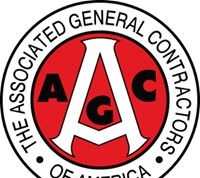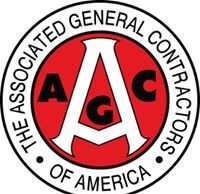NLIHC Report Finds Shortage of 7.2 Million Affordable Rental Units for Lowest Income Renters
WASHINGTON, D.C. – (RealEstateRama) — On March 24, the National Low Income Housing Coalition (NLIHC) released its 2016 report focusing on the gap between the number of extremely low-income (ELI; households with incomes at 30 percent of area median income or less) and the number of affordable housing units available to them. According to NLIHC’s The Affordable Housing Gap Analysis 2016, there are just 31 units affordable and available to every 100 ELI households nationwide—a shortfall of 7.2 million units.
This shortfall has real consequences: the report found that three out of four ELI households nationwide are severely cost-burdened (spending more than half of their income on housing), and at least 55 percent of ELI households are severely cost-burdened in every state. This puts ELI households at greater risk of housing instability and homelessness.
NLIHC’s report highlights the need for affordable housing targeted to ELI households to alleviate the cost burdens faced by these families and argues that significant investment in housing for ELI households also would benefit higher income categories by freeing up units currently occupied by but unaffordable to ELI households.
The report claims that existing federal programs, including the Low Income Housing Tax Credit and the HOME Investment Partnership Program, are insufficient to address the needs of ELI households because they are not exclusively targeted to this income category and may not reach ELI households without other subsidies. NLIHC further argues that because federal funding for housing assistance is often at-risk during the federal appropriations process, a new approach is needed to address the needs of ELI households. The report contrasts these federal funding programs with the Housing Trust Fund (HTF), which is targeted primarily to ELI households and funded through contributions from Fannie Mae and Freddie Mac, and thus not subject to the appropriations process. NLIHC concludes the report by suggesting additional avenues to increase dedicated revenue for HTF, including through reform of the federal mortgage interest deduction.

















